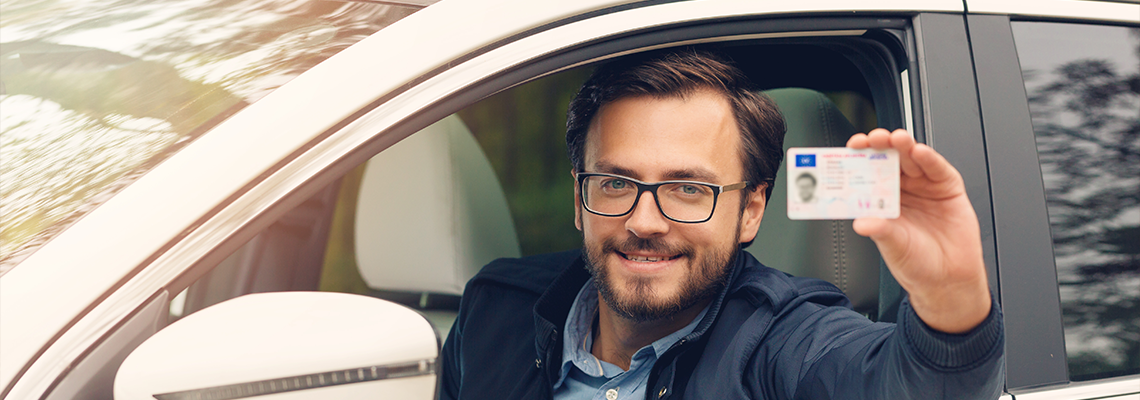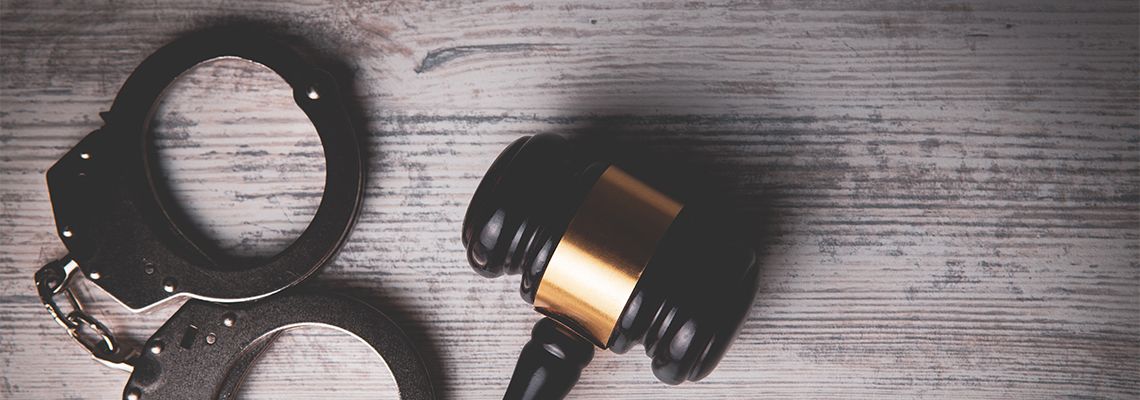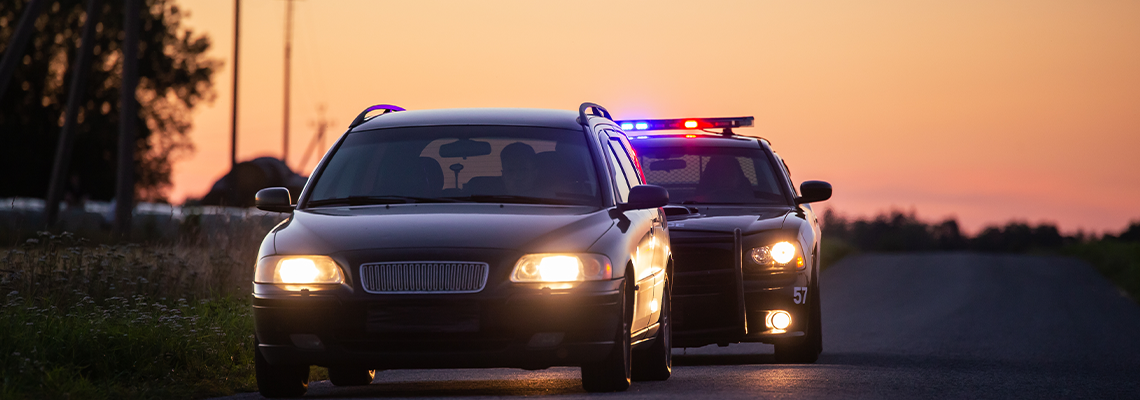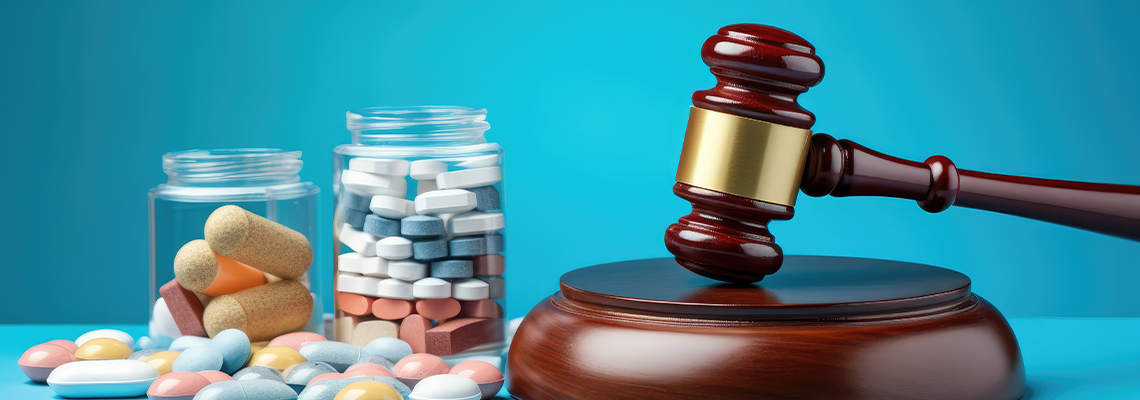When facing criminal charges, understanding the difference between a felony and a misdemeanor is critical. Felonies and misdemeanors carry very different consequences, and knowing what is at stake can make a big difference when planning a defense.

Keeping Your Driver's License
Every day, drivers in our state are arrested for drunk driving. While not all of these drivers will be convicted, many of them will see some form of penalty. In 2021, there were 21,529 people who were issued tickets for driving while intoxicated (DWI) in the state of New York, according to the Department of Motor Vehicles. Facing any kind of drunk driving charges in New York is a very serious matter and one that should be handled by a professional.
If you’ve found yourself on the receiving end of a DUI or DWI charge and are concerned about the consequences associated with a conviction, you need to contact a criminal defense lawyer immediately. A seasoned DWI attorney can help you understand your options and can work on your behalf to try and mitigate or lessen the DUI penalties you’ll face. Specifically, many drivers want to know if their license will be suspended and if there’s any way to prevent this.
If you’re in Westchester County, New York or the surrounding area including White Plains, Harrison, and Yonkers, reach out to us at Law Office of Michael D. Litman, PLLC. Set up a one-on-one consultation today.
Overview of New York State’s Impaired Driving Laws
There are two main categories of charges in New York related to drunk driving: driving while intoxicated (DWI) and driving while ability impaired (DWAI). A DWI means your blood alcohol concentration (BAC) was 0.08% or higher but can also mean you’re in an “intoxicated condition” from drugs other than alcohol. A DWAI is for BACs of between 0.05% and 0.08%. In general, penalties for a DWAI are less severe than for DWIs.
Impaired by Drugs vs. Impaired by Alcohol
You can be charged with a DWI for either drugs or alcohol; however, only the former charge has a reliable measure for your level of intoxication, namely a breathalyzer test. If you’ve been pulled over on suspicion of a DWI for a drug other than alcohol, the arresting officer will have to use other methods to determine your level of impairment including their observations or roadside sobriety tests.
If you’re convicted of a DWI in New York, the consequences you face will be affected by a few different factors including whether you have any past DWI convictions, your age, the circumstances of your case, and your level of intoxication. For a first offense, your license will be revoked for at least six months, you may face fines of $500 to $1,000, and in the most serious cases, you could face up to a year in jail. A second offense within 10 years can result in your license suspended for one year, fines of $1,000 to $5,000, and jail time of one to four years. Finally, for a third offense, you’ll likely face having your license permanently revoked, fines of $2,000 to $10,000, and one to seven years in jail.
Alternatives to Losing Your Driver’s License
Many people facing charges like this want to know what their alternatives are to facing jail time or having their license taken away. One option may be installing an ignition interlock device (IID) in your car. This device requires you to blow into a portable breathalyzer and register your BAC before the car can start. Usually, when you’re convicted of a DWI (even for a first offense), you’ll be required to have an IID in your car and an IID restriction added to your license.
You may also be able to get a post-conviction conditional license if you qualify for the state’s Impaired Driver Program (IDP). This would then allow you to drive within established limits such as to and from your job, your child’s school or daycare center, or to medical appointments. It also allows you to travel to treatment programs, classes, the DMV, or any other obligations of the IDP. To be eligible, you must not have been enrolled in the IDP within the last five years and must not have been convicted of another drug or alcohol related crime within the last five years.
Can a DWI Be Dismissed?
Getting your DWI completely dismissed is rare, but it can happen. More often, you’ll want to work with your attorney on your options for reducing or lessening the severity of your penalties. However, you may be granted a dismissal if the prosecution is unable to provide sufficient evidence against you, or if there were procedural errors either in your hearing or at the actual arrest. For example, if your civil rights were violated by the arresting officer (such as an unlawful search and seizure), the charges may be thrown out.
Understand Your Rights After a DWI
If you’re looking for an experienced attorney who will take the time to make sure you thoroughly understand the charges against you and what your options are for a defense, reach out to our team at Law Office of Michael D. Litman, PLLC in Westchester County, New York.
RECENT POSTS
Driving while intoxicated (DWI) charges in New York carry serious and lasting consequences. When someone pleads guilty or is convicted, the impact goes far beyond fines or jail time.




